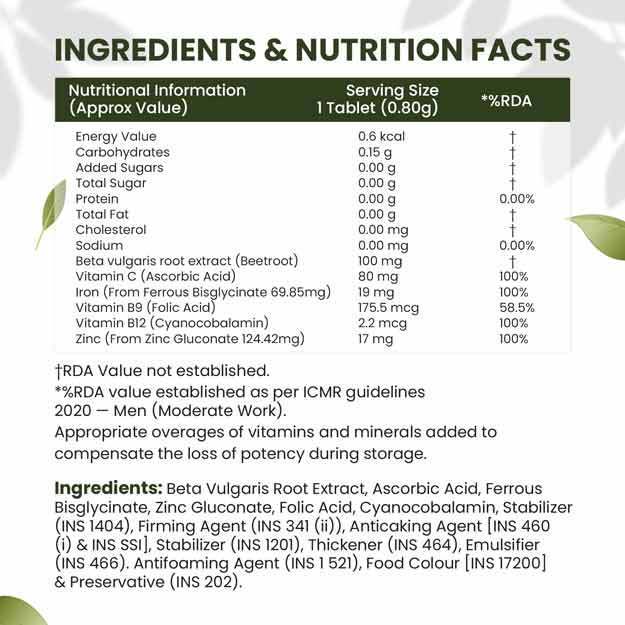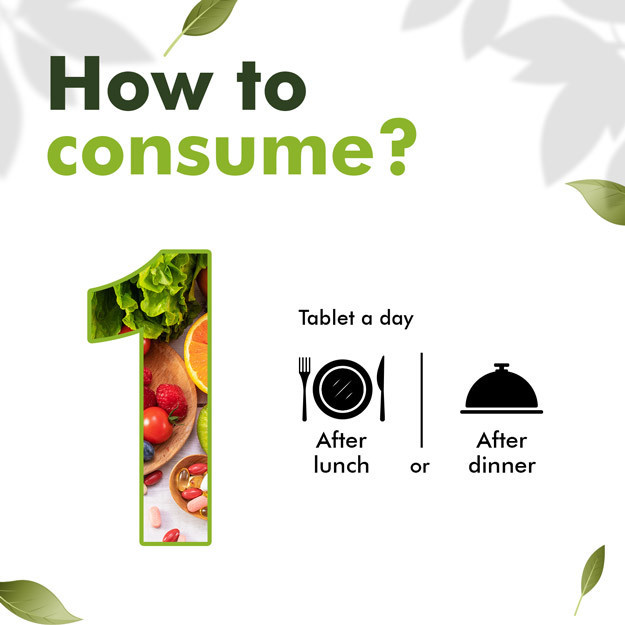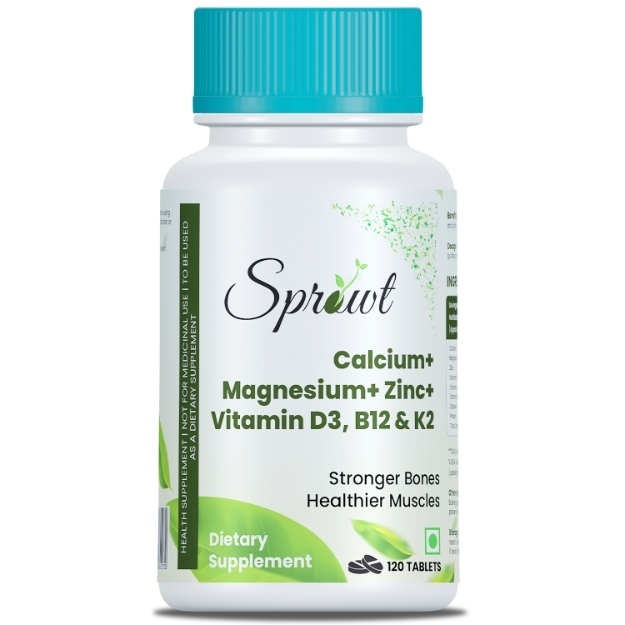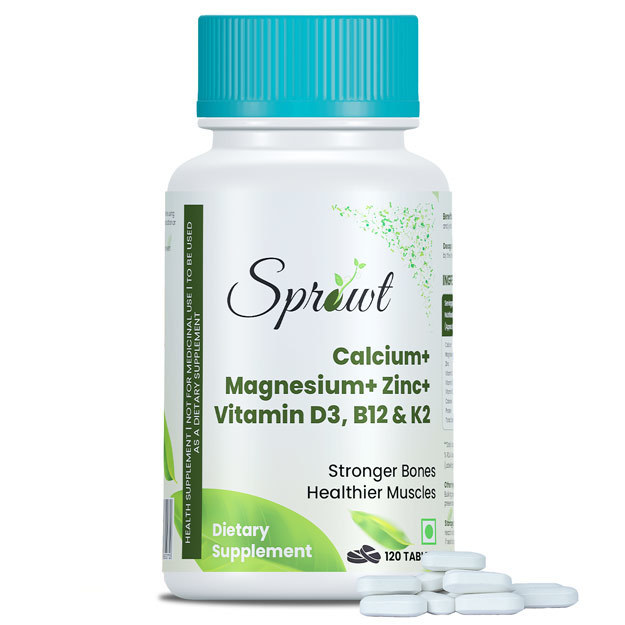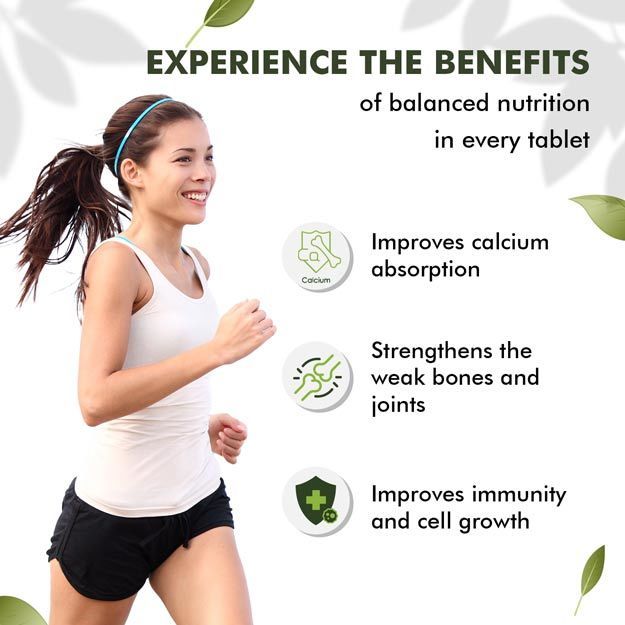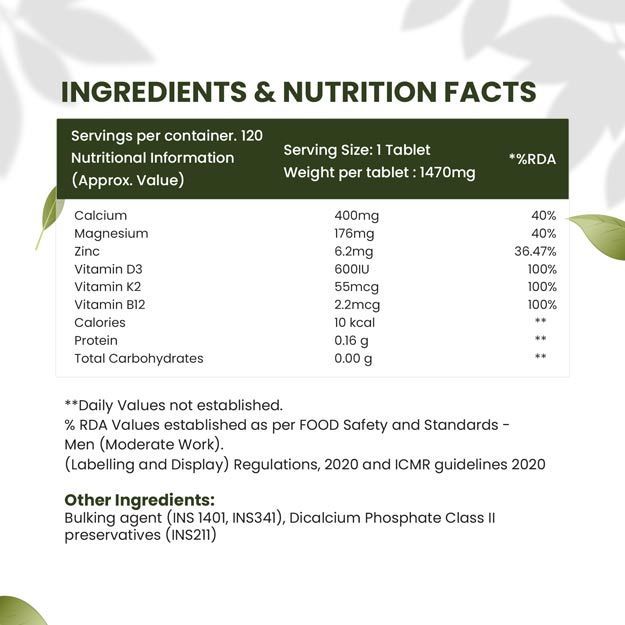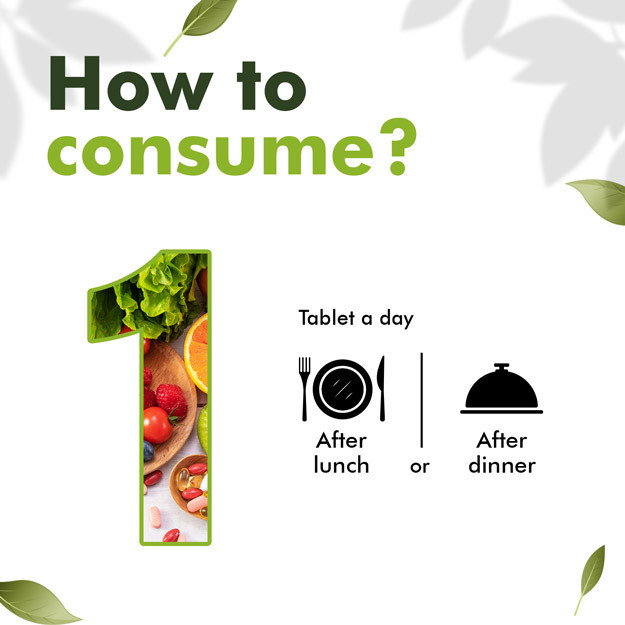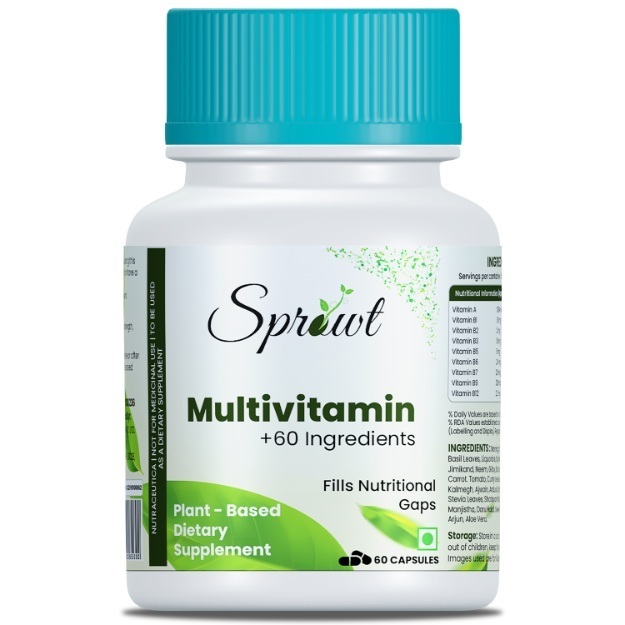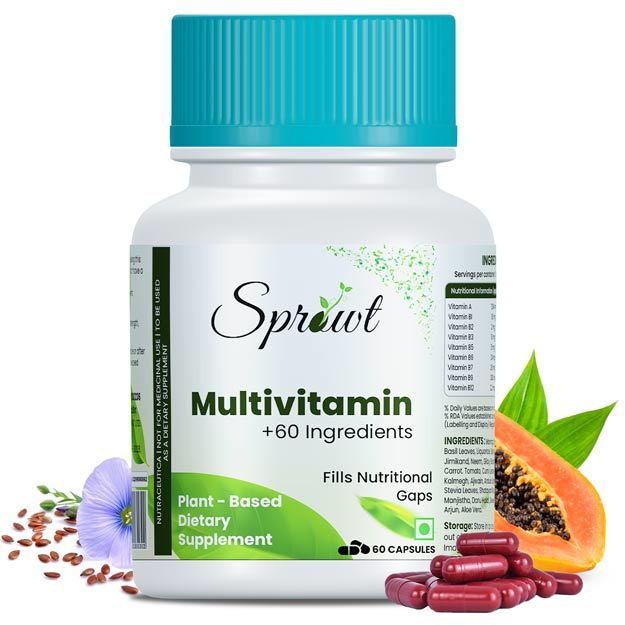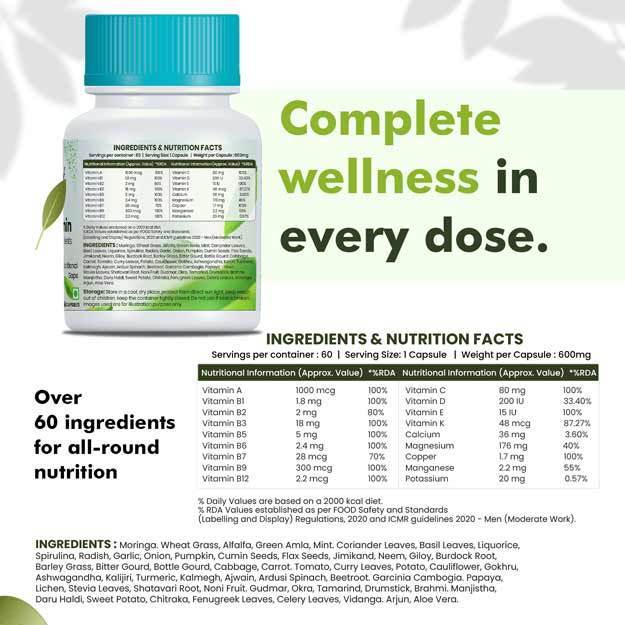Calcium is the most abundant mineral present in the body and is also a common dietary constituent. It accounts for 1 to 2 percent of the total body weight and is abundantly found in the bones and the teeth, which account for about 90% of the total calcium.
The remaining 1% calcium is present within and helps in their optimal functioning of blood, body fluids, nerve cells, muscle cells and other cells and tissues. Though it is considered to be a micronutrient and is consumed in lesser amounts in the diet, you cannot do away without getting enough calcium.
It is important for strong bones and their healthy structure, which is its primary function in the body. It performs several other functions and is important for individuals in every age group. These functions will be discussed ahead along with dosage and deficiency of calcium.









